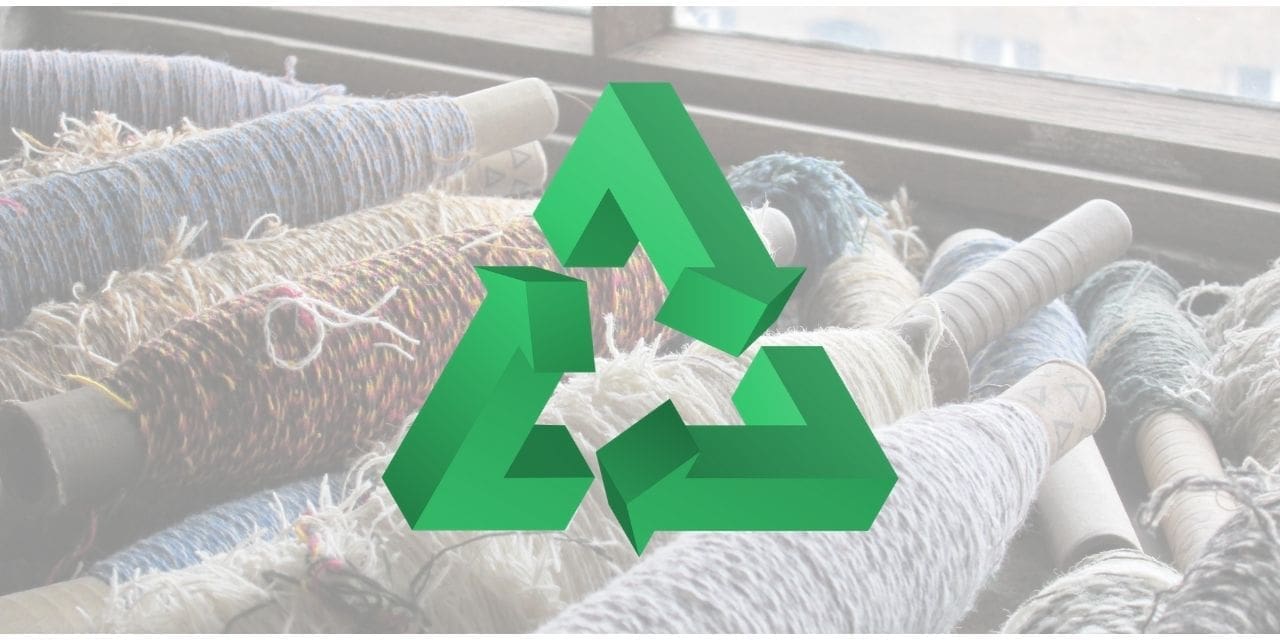The material, which is made of metal organic frameworks (MOFs) and fibre composite, builds on a previous study in which the scientists generated nanocomposites that disables poisonous nerve agents. The researchers were able to add antimicrobial and antioxidant chemicals into the polymer through minor changes.
The end product is a recyclable polyfunctional fabric that is efficient in neutralising both chemical and biological threats, making it a rare find. Its good to work. It might be used for face masks and other protective garments, and that it can be restored to its previous state with a basic bleach procedure. “Having a polyfunctional substance that can deactivate both chemical and biological toxic agents is critical because integrating various materials to do the job is difficult,” said lead author Omar Farha, an expert in MOFs and a member of Northwestern’s International Institute for Nanomaterials. Farha refers to MOFs as “advanced bath sponges,” nano-sized materials with many holes that may catch gases, vapours, and other agents in the same way as a sponge captures water. The cavities of the MOFs in the novel composite fabric include catalysts that can deactivate harmful chemicals, viruses, and bacteria, and the permeable nanomaterial can be easily sprayed on textiles fibres. The substance, according to the researchers, is expandable because it only requires basic textile processing facilities that is currently extensively used in business. When combined into a facemask, the material should be able to protect both the mask wearer and individuals who come into touch with an infected individual wearing the mask.
Covid 19 | Fabrics & Processing | News & Insights
Reusable textiles could be useful in combating COVID

Published: October 18, 2021
Author: Manali bhanushali
Related Posts
